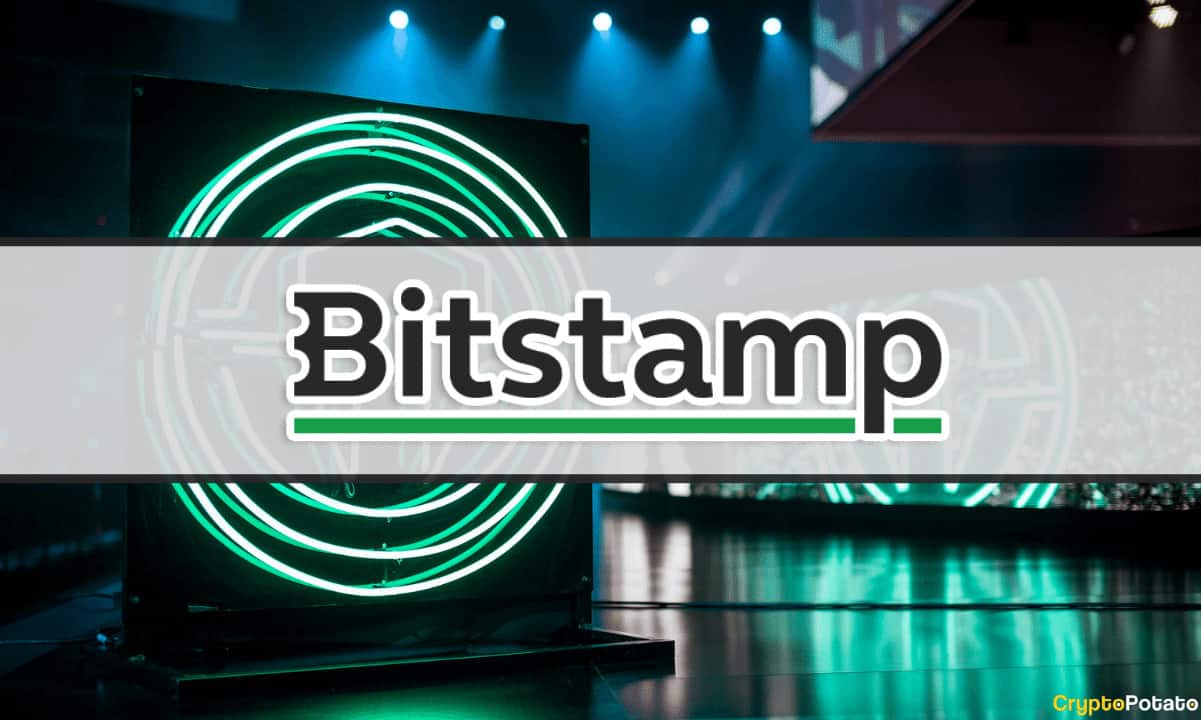Protocol Village Fuse Layer-1 Chain Focused on Payments Introduces Charge for Merchants
The Sky Protocol, a decentralized finance (DeFi) platform, recently faced a pivotal moment in its governance journey as a proposal to revert its branding back to Maker was put to a vote.

Fuse, a layer-1 blockchain platform dedicated to enhancing payment solutions, has launched 'Charge,' a groundbreaking non-custodial merchant bank tailored for Web3 businesses. This innovative service aims to streamline both crypto and fiat transactions, providing small and medium-sized enterprises (SMBs) with a comprehensive suite of payment solutions.
Key Features of Charge:
-
Non-Custodial Banking: Charge is the first of its kind in the Web3 space, allowing businesses to manage their assets without the need for a middleman, ensuring full ownership and control.
-
Comprehensive Payment Solutions: The platform supports a variety of services, including invoicing, e-commerce setup, and seamless on-ramping/off-ramping of fiat currencies.
-
Low Transaction Fees: Charge offers competitive transaction fees at just 0.5%, significantly lower than traditional banking options, making it easier for businesses to accept payments and manage cross-border transactions.
-
Focus on SMEs: Charge is designed specifically for small and medium enterprises, enhancing their ability to transact in multiple cryptocurrencies and fiat, thus removing barriers to international commerce.
-
Robust Security Features: The platform ensures that clients maintain complete oversight and control of their assets, bolstering security and trust in the payment process.
Market Impact:
The launch of Charge is set to revolutionize payment systems for blockchain businesses, addressing usability, privacy, and trust issues that have hindered mainstream adoption of Web3 payments. As the demand for digital currency payments grows, Charge positions itself as a vital component in the evolving landscape of blockchain payment solutions, catering to the needs of both businesses and consumers. Fuse, a layer-1 blockchain platform focused on enhancing payment solutions, has unveiled 'Charge,' an innovative non-custodial merchant bank designed specifically for Web3 businesses. This service aims to simplify both crypto and fiat transactions, offering small and medium-sized enterprises (SMBs) a robust suite of payment solutions.
Key Features of Charge:
-
Non-Custodial Banking: Charge stands out as the first non-custodial banking solution in the Web3 sector, empowering businesses to manage their assets independently, ensuring complete ownership and control.
-
Comprehensive Payment Solutions: The platform encompasses a wide range of services, including invoicing, e-commerce integration, and smooth on-ramping/off-ramping of fiat currencies.
-
Low Transaction Fees: Charge boasts competitive transaction fees of just 0.5%, significantly lower than those of traditional banking systems, facilitating easier payment acceptance and management of cross-border transactions.
-
Focus on SMEs: Charge is tailored for small and medium enterprises, enhancing their capacity to transact in various cryptocurrencies and fiat, thereby eliminating barriers to international trade.
-
Robust Security Features: The platform guarantees that clients retain full oversight and control of their assets, enhancing security and trust in the payment process.
Market Impact:
The introduction of Charge is poised to transform payment systems for blockchain businesses, tackling usability, privacy, and trust challenges that have previously impeded the mainstream adoption of Web3 payments. As the demand for digital currency transactions continues to rise, Charge positions itself as a crucial player in the evolving landscape of blockchain payment solutions, addressing the needs of both businesses and consumers. Fuse, a layer-1 blockchain platform dedicated to enhancing payment solutions, has introduced 'Charge,' a pioneering non-custodial merchant bank specifically designed for Web3 businesses. This innovative service aims to simplify both crypto and fiat transactions, providing small and medium-sized enterprises (SMBs) with a comprehensive suite of payment solutions.
Key Features of Charge:
-
Non-Custodial Banking: Charge is the first non-custodial banking solution in the Web3 sector, allowing businesses to manage their assets independently, ensuring complete ownership and control.
-
Comprehensive Payment Solutions: The platform offers a wide range of services, including invoicing, e-commerce integration, and seamless on-ramping/off-ramping of fiat currencies.
-
Low Transaction Fees: Charge features competitive transaction fees of just 0.5%, significantly lower than traditional banking options, making it easier for businesses to accept payments and manage cross-border transactions.
-
Focus on SMEs: Charge is specifically tailored for small and medium enterprises, enhancing their ability to transact in multiple cryptocurrencies and fiat, thus removing barriers to international commerce.
-
Robust Security Features: The platform ensures that clients maintain complete oversight and control of their assets, bolstering security and trust in the payment process.
Market Impact:
The launch of Charge is set to revolutionize payment systems for blockchain businesses, addressing usability, privacy, and trust issues that have hindered mainstream adoption of Web3 payments. As the demand for digital currency payments grows, Charge positions itself as a vital component in the evolving landscape of blockchain payment solutions, catering to the needs of both businesses and consumers.
FAQ:
1. What is Charge?
Charge is a non-custodial merchant bank designed specifically for Web3 businesses. It provides a comprehensive suite of payment solutions that facilitate both crypto and fiat transactions for small and medium-sized enterprises (SMBs).
2. How does Charge ensure non-custodial banking?
Charge allows businesses to manage their assets independently, meaning that users retain full ownership and control over their funds without relying on a middleman or third-party service.
3. What types of transactions can I process with Charge?
Charge supports a variety of transactions, including invoicing, e-commerce payments, and the seamless on-ramping and off-ramping of fiat currencies, allowing businesses to transact in multiple cryptocurrencies and fiat.
4. What are the transaction fees associated with Charge?
Charge offers competitive transaction fees of just 0.5%, significantly lower than traditional banking systems, making it easier for businesses to accept payments and manage cross-border transactions.
5. Is Charge secure?
Yes, Charge is designed with robust security features to ensure that clients maintain complete oversight and control of their assets, thereby enhancing security and trust in the payment process.
6. Who is Charge designed for?
Charge is specifically tailored for small and medium enterprises (SMEs) looking to adopt digital payment solutions and enhance their ability to transact in cryptocurrencies and fiat.
7. How do I get started with Charge?
To get started with Charge, you can visit the Fuse website and follow the registration process. Once registered, you can set up your payment solutions and start processing transactions.
8. Can Charge be integrated with existing e-commerce platforms?
Yes, Charge is designed to be compatible with various e-commerce platforms, allowing businesses to easily integrate it into their existing systems.
9. What support is available for Charge users?
Charge offers customer support to assist users with any questions or issues they may encounter. You can reach out through the Fuse website for assistance.
10. Where can I find more information about Charge?
For more information about Charge, including updates and features, you can visit the official Fuse website or follow their social media channels for the latest news.
What's Your Reaction?














